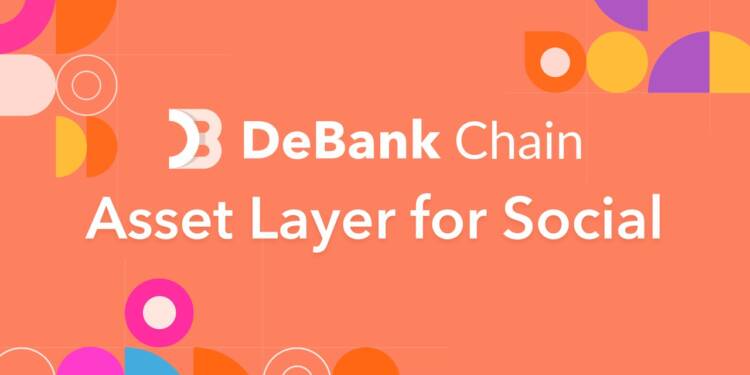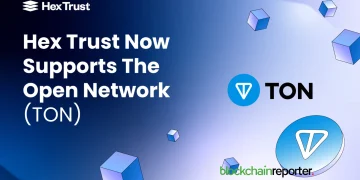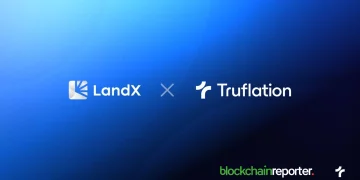DeBank, recognized for its prowess in Web3 portfolio tracking, has unveiled its ambitious new project. DeBank’s portfolio tracker already holds a distinction, comprehensively covering tokens, DeFi protocols, NFTs, and the entirety of EVM chains.
But this latest announcement might very well redefine how we perceive the integration of assets and social interactions in the decentralized world.
As Web3 continues to usher in a paradigm shift from traditional internet systems, projects like DeBank are at the forefront, ensuring that the decentralization wave doesn’t just change how we transact, but also how we communicate.
Pioneering the Asset Layer for Social Interactions
Earlier today, DeBank unveiled its latest initiative, the “DeBank Chain”. The company has set its sights on an ambitious goal with this new chain: becoming the asset layer specifically designed for social interactions. A testnet for the same has been rolled out, and enthusiasts can look forward to the mainnet’s launch in 2024.
The technological stack behind this innovation is OP Stack. While the tech community has expressed concerns around gas costs, user experience, and asset safety in the broader Web3 ecosystem, DeBank’s development process was centered around tackling these very issues, and more importantly, without compromising on security.
Redefining Transactions in the Web3 Space
One of the standout features of the DeBank Chain is its redesigned consensus mechanism. By doing so, DeBank has managed to drastically reduce the gas costs of individual transactions. Specifically, gas costs are reduced anywhere from 100 to 400 times, a crucial enhancement considering the frequency of social interactions on such platforms.
But the innovations don’t stop there. DeBank has integrated a system at the chain level that mirrors the benefits of Account Abstraction. This move ensures that users don’t have to sacrifice the familiarity of a Web2 interface while still enjoying the benefits of a system that’s completely compatible with the existing EVM standards.
To further bolster security, especially concerning L1 assets, DeBank’s chain introduces a novel account system. This system is structured to support transactions that are signed with a dedicated L2 private key, thereby minimizing the use of L1 private keys in social settings. The result? Enhanced security for users’ paramount L1 assets.























